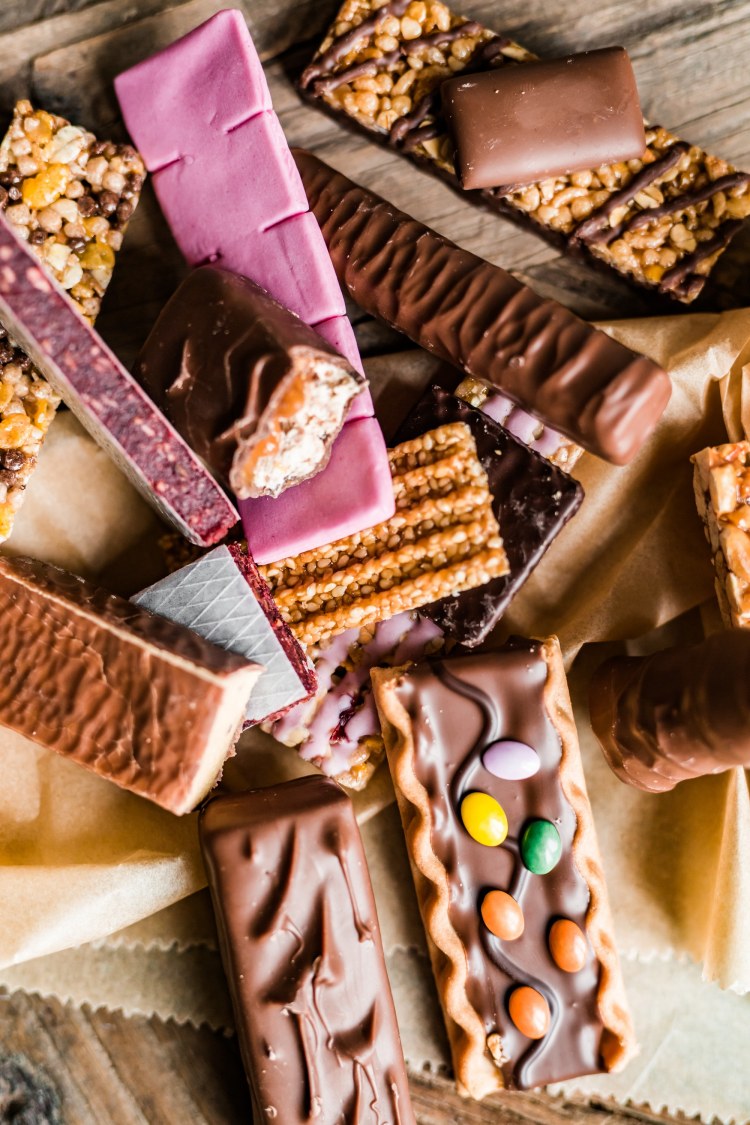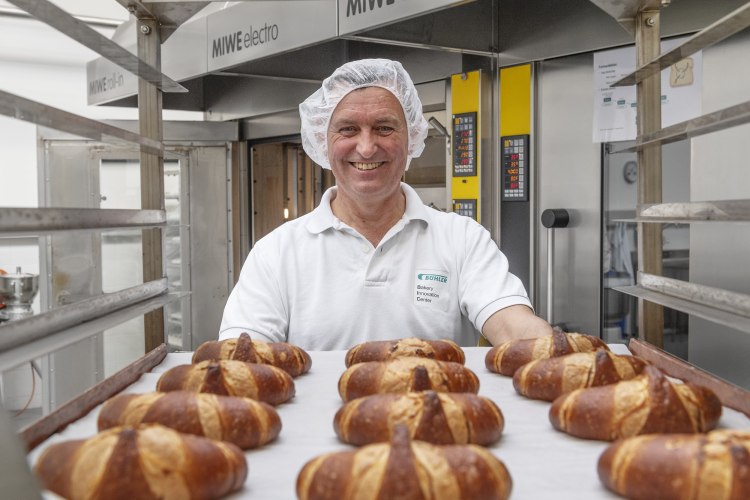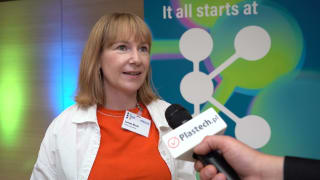
Different products require different production and packaging concepts. Photo: Sollich KG
The market for confectionery machines
The confectionery machine segment is characterised by high specialisation and considerable process-related know-how. Strong fluctuations in international business are quite common in this sector, as it strongly depends on large-scale projects. In 2018, the total volume of confectionery machines in international trade amounted to 972 million euros, according to VDMA statements. German plant manufacturers hold a leading position in the export business with a market share of 35 percent. This is followed by the Netherlands in second place, with a market share of 16 percent, and Italy in third place, with 14 percent.
Since as early as 2016, German manufacturers of confectionery machines have noticed a significant increase in deliveries to Africa as well as the Middle East. In these regions, globalisation has led to an increase in the significance of protective packaging for higher-quality confectionery. This in turn needs to be tailored to meet the specific requirements that arise due to the usually quite challenging climatic conditions. Besides visuals, these regions focus on hermetically sealed packaging that provides ideal product protection. Companies such as Theegarten-Pactec are currently hard at work to ensure that in future, other attractive types of packaging besides tubular bags can provide sufficient protection for products in tropical climates.
Protection and hygiene
One topic that has had a lasting effect on the confectionery as well as the baked goods sector is safe and hygienic production conditions. Hygienic design is a key term that refers to the development of machines and equipment whilst taking the high demands on flawless production into account and complying with international standards and directives. In this field, manufacturers avoid corners and cavities in particular in their designs, as product residue, micro-organisms and dirt can accumulate in these areas. This reduces cleaning costs and efforts, shortens downtimes and minimises material waste. At the same time, the plant’s productivity increases. These procedures, known as CIP (Cleaning in Place), have gained popularity in the last years. Special CIP sensors alert users when a machine needs cleaning. This avoids unnecessary, extensive cleaning processes and thus saves water, cleaning agents and energy, and with it, costs.
Especially when it comes to baked goods, strict hygiene conditions apply. This is because baked goods – and bread in particular – provide an ideal breeding ground for mould. Mould means re-contamination, as baked goods are always sterile when they come out of the baking ovens.
Special procedures and the right packaging can extend the shelf-lives of baked goods, meaning that industrially-packaged bread can keep for up to three weeks, depending on type. When it comes to small baked goods such as pre-baked rolls, industrial bakeries use the exchange of atmosphere in tubular packaging to extend shelf-lives. In this process, the oxygen content in the packaging is replaced by oxygen-free gases.
Pasteurisation is another procedure that is often used. This involves maintaining a constant baking temperature of 75 degrees in the oven over an extended period of time. The procedure usually uses standard polyethylene bags with clip closures. These prevent too strong a pressure, which can result in bags inflating during the pasteurisation process. At the same time, they are easy to open and close.
In future, food safety will gain further importance due to the continuing increase in globalisation and the considerably more complex value chains as well as changing consumer habits. Climate change will also impact food safety. This applies particularly to locations in which changes in temperature related to the production, storage and distribution of food can change food safety risks. These factors, as well as the rising growth in population, mean new challenges for global food safety. As a result, food manufacturers and processors bear an even greater responsibility to produce safe and sustainable foods.

Bei der Backwarenproduktion werden höchste Hygienebedingungen an Mensch und Anlage gestellt. Foto: Bühler Group
Thanks to digitalisation and automation, bakery machines are also becoming more efficient and flexible in adapting to the rising consumption of baked goods and snacks on-the-go. As a result of changed shopping and eating habits and the increase in single-portion packaging, the global production of bakery machines has also risen. According to VDMA statements, bakery machines (including non-electric baking ovens) achieved a turnover in international trade of over 2.7 billion euros in 2018. With a share of 31 percent, Italy is the largest manufacturer and exporter of bakery machines, including pasta machines. German machine manufacturers hold second place with a market share of 11 percent and the Netherlands come in third with a share of 7 percent.
Sustainable solutions
Sustainable production and packaging of confectionery and baked goods is one of the main issues industry participants are currently focusing on. In light of increasing global warming and the fact that global population is expected to grow to almost 10 billion people by 2050, solutions are in urgent demand – and have already arrived, as interpack 2020 will show.
The product range of global group Bühler, for example, includes Mill E3, an industrial milling solution. Thanks to the TUBO tubular conveyor, the integrated grinding system and the modular feeder systems, the Mill E3 takes up 30 percent less space and consumes 10 percent less energy, whilst at the same time increasing revenue by several percent. New baking ovens, like the Franz Haas SWAKT-Eco for flat and hollow wafers, are further able to reduce gas consumption by up to 30 percent and emissions by up to 90 percent.
During its Networking Days 2019, Bühler was one of several companies that proved the industry is prepared to assume responsibility and be part of the solution for a sustainable world in which food waste and loss is reduced to a minimum. CTO Ian Roberts makes this quite clear. “We have to radically change our behaviours as an industry, as a company, and as individuals.” The company therefore decided to increase their sustainability targets and to expand them to include water. The next generation of Bühler process solutions is to be 50 percent more economical. Which means: Consuming 50 percent less energy, 50 percent less water and producing 50 percent less waste.
With these targets, Bühler has assumed an exemplary role within the confectionery and baked goods industry. In order to achieve global climate goals, we need sustainable solutions like these. And this requires that we use digital technologies more intensively, and successfully establish partnerships with customers, suppliers and start-ups.
interpack



